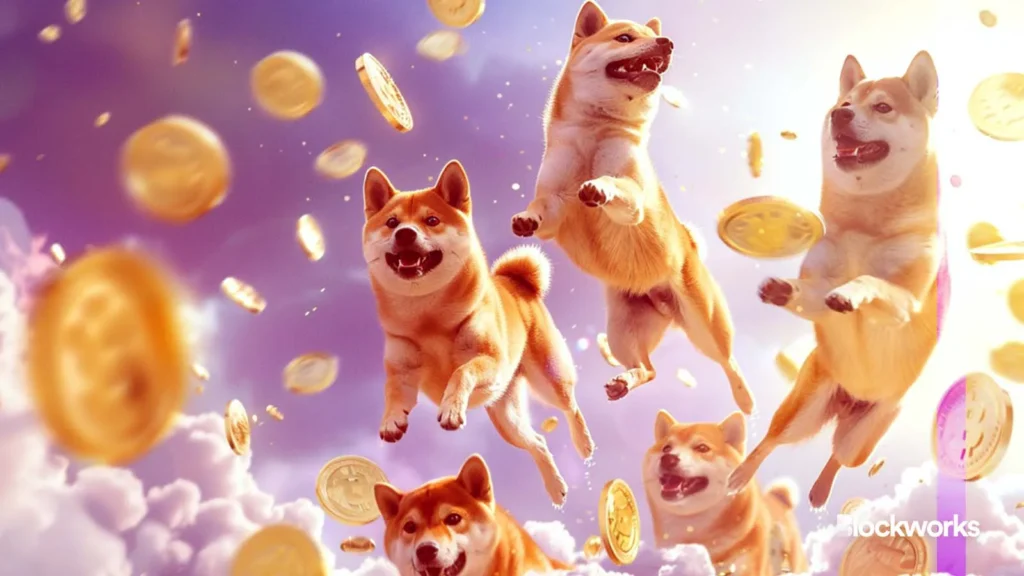In recent years, the world of digital collectibles has experienced a significant transformation with the emergence of non-fungible tokens (NFTs). These unique digital assets have revolutionized the way we perceive and trade digital art, music, videos, and other forms of digital content. With the rise of NFTs, a new trend has emerged – the development of NFT factories.

NFT Factories
NFT factories are platforms or marketplaces that allow creators to mint and distribute their own NFTs quickly and easily. These platforms provide the necessary tools and infrastructure for artists, musicians, and content creators to tokenize their work and sell it directly to their audience. This democratization of the NFT market has opened up new opportunities for creators to monetize their digital content and connect with their fans.
Key advantages
One of the key advantages of NFT factories is the ability to create and distribute NFTs at a lower cost compared to traditional methods. In the past, artists had to rely on galleries or auction houses to sell their work, which often involved high fees and limited access to potential buyers. With NFT factories, creators can bypass these intermediaries and sell their work directly to collectors, eliminating unnecessary costs and restrictions.
Control over the work
Furthermore, NFT factories provide creators with greater control over their work. Artists can decide the number of editions or copies they want to create, set the price, and even earn royalties from secondary sales. This level of control was previously unheard of in the world of digital art and collectibles, where creators often struggled to protect their work and receive fair compensation for their efforts.
Marketplace for creators
NFT factories also offer a more inclusive and diverse marketplace for creators. Unlike traditional art markets that have historically favored established artists, NFT factories provide a level playing field for artists of all backgrounds and experience levels. This has led to the discovery of new talent and the recognition of underrepresented artists who may have otherwise been overlooked by traditional art institutions.
Concerns
However, the rise of NFT factories has also raised concerns about sustainability and environmental impact. The process of minting NFTs requires a significant amount of energy, contributing to the carbon footprint of the blockchain networks on which they are built. Critics argue that the environmental cost of NFTs outweighs their benefits, and that more sustainable alternatives should be explored.
Conclusion
NFT factories have unlocked the potential of digital collectibles by democratizing access to the NFT market, providing creators with greater control over their work, and fostering inclusivity and diversity in the art world. While there are valid concerns about the environmental impact of NFTs, the rise of NFT factories has undoubtedly transformed the way we create, trade, and appreciate digital content.
Disclaimer
Remember, investing in cryptocurrencies involves risks, and it’s important to conduct thorough research and seek professional advice before making any financial decisions.
(Please keep in mind that this post is solely for informative purposes and should not be construed as financial or investment advice.)


